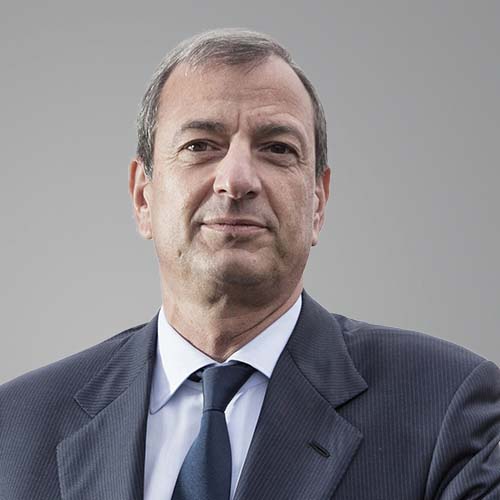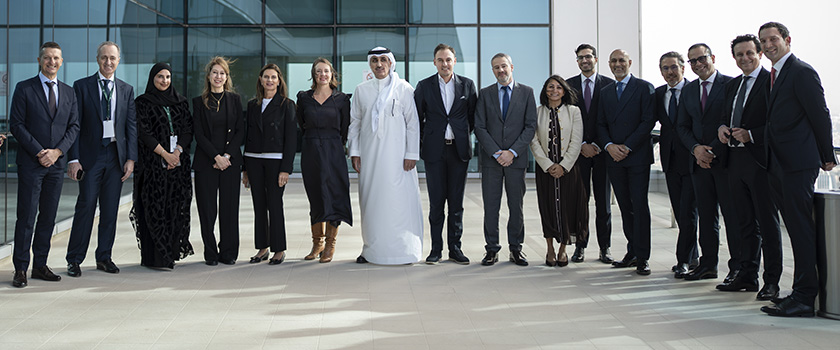Asian Private Banker (17.02.2023) - Decades ago, private bankers could survive with a limited investment skill set and a good network, but today they have to master several layers of expertise on top of relationship management skills, Guy de Picciotto has observed.
Starting with investment knowledge, bankers also need tax and estate planning, and now sustainability expertise, de Picciotto, who has been UBP CEO since 1998, told Asian Private Banker during his recent visit to Singapore.
Compliance also adds an extra dynamic because regulatory standards have increased, and bankers have had to respond quickly by understanding these expectations in detail and deepening their knowledge of their clients, he said.
“This has led to a significant shift in the knowledge required of bankers, which has in turn required more banker training and stronger compliance organisations. The trend towards sustainable investing is probably the most recent major change for bankers, as clients and regulators alike focus on the sustainability of financial investments.”
In response, UBP has developed a sustainability training program for its bankers, which is continuously updated as the subject evolves.
Future is ‘hybrid’
While the family-owned bank doesn’t see fintechs and robo-advisory platforms as a challenge to the high-net-worth segment and more relevant to the affluent market, it sees the future of private banking as a ‘hybrid’ one.
“We are using technology to assist the bankers to have richer conversations with their clients. So, there can be new tools to help provide better advice to clients, and of course the whole digital communication channel, which is a prerequisite,” Picciotto said.
“But that’s not the same as replacing the banker with a robo advisor. [We are] far from it,” he added.
UBP is currently developing a digital advisory tool for its relationship managers, a digital signature functionality, and a new mobile app for its clients in Asia. Compared to start-ups, the CEO hinted that banks operate on a different innovation cycle given compliance, security, and legacy system considerations.
“So, our challenge is to deliver new technology at the right pace to improve operational efficiency and respond to client needs….We [will] continue to recruit and invest in the business so that we’re ready for the next phase.”
Business performance
In Asia – as of end 2022 – UBP managed close to CHF 20 billion (US$21.7 billion) out of Singapore and Hong Kong, compared to the US$23.95 billion managed in 2021. AUM of more than US$10 billion means the Middle East is now also a core part of the group, Middle East CEO Mohamed Abdellatif said in a previous interview with Asia Private Banker.
At the group level, UBP’s AUM fell 12.5% to CHF 140.4 billion in 2022. Net new money was CHF 0.9 billion, driven in particular by the integration of Danske Bank International and inflows from private clients.
“Since COVID, transaction volumes have slowed across the industry in Asia during last year’s market volatility, but we still made progress, developing our advisory offering and attracting new assets in both Singapore and Hong Kong,” de Picciotto said.
“The Middle East also represents another area of growth for us because of the region’s success in attracting new capital flows and new business. We are in a strong position there and our teams of experts are poised to grow our business, particularly in Dubai,” he added.
Growth plans
The CEO is open to both organic and external growth. Organic growth, he believes, has to be incremental and sustainable, so it is critical to recruit wisely. And with acquisitions, the approach has to be pragmatic, with an emphasis on quality and potential.
“Some speculate that, with the increasing trend in Asia towards wealth assets staying onshore, there will be a reduced market for international financial centres in the future,” he said. “I really don’t buy this – it’s not borne out by the evidence of the last five years.”
UBP is seeing that the demand for international wealth management remains strong, particularly for UHNW clients, who tend to have multi-jurisdictional needs.
“We strongly believe that demand for international wealth management provided by centres such as Hong Kong, Singapore, Dubai and Switzerland will only increase.”
In Asia, the Swiss pure play is predominantly focused on Greater China and ASEAN markets from Hong Kong and Singapore. Of the domestic market opportunities in the region, “China is the main priority,” de Picciotto shared, adding that they are also keeping an open mind on other domestic markets in Asia.
“Thailand has experienced fast growth, with particularly strong demand for international asset management and a favourable regulatory environment. And the NRI market remains very important for us in Singapore, the Middle East and Europe,” he concluded.









